George Jetson worked at Spacely's Space Sprockets -- but where will you toil in 2025?
Knowledge workers already have some pretty futuristic tools -- think the Siri voice app on an iPhone or the automatic parking feature in that business sedan you drive to the office. Yet in the future, jobs will become even more high-tech, and jobs themselves will transform dramatically.
Here are six jobs that don’t exist today, which experts say we may see pop up sometime in a decade or so. Is it time to start polishing up that resume now?
1. Dream Specialist
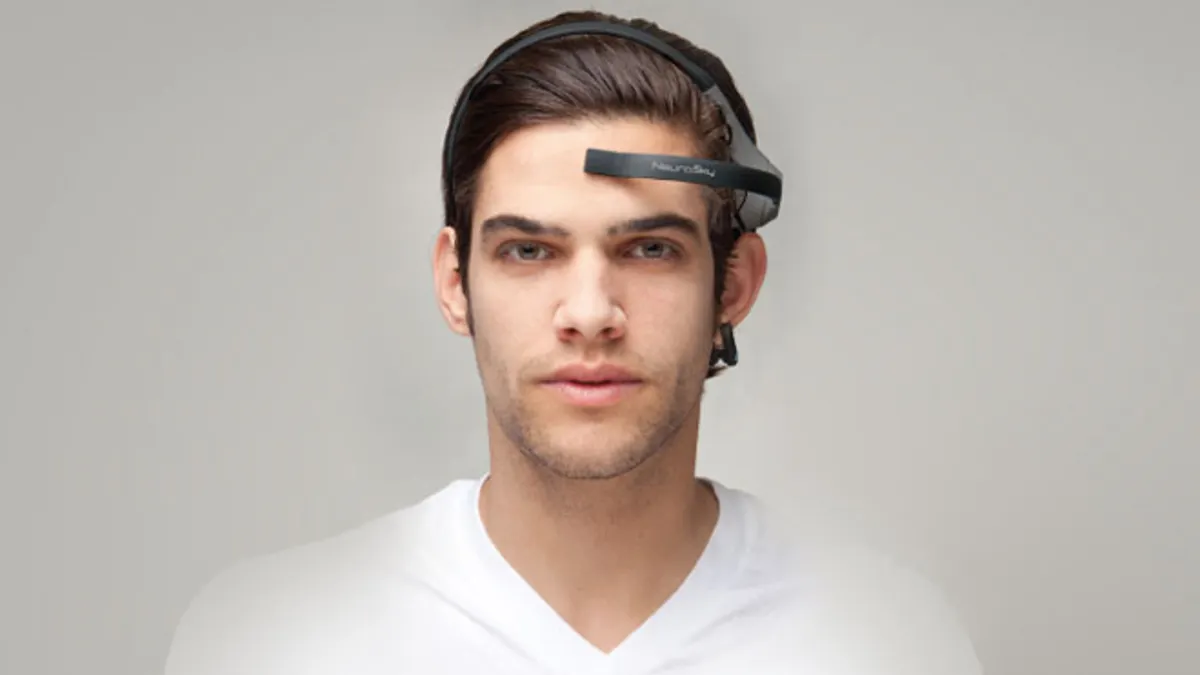
(Neurosky)
Gadgets like the Withings Aura can help you get a better night’s sleep -- the next step is for someone to program your dreams. A Dream Specialist might tap into your brain using EEG technology similar to that used in products like the NeuroSky MindWave, a wearable gizmo that senses your brainwaves and uses them to control games, educational gear and more.
As in the movie “Total Recall,” an implanted dream in your cerebral cortex might make you work as a secret agent, a football star -- or something more nefarious. A specialist might have Hollywood-caliber cinematography and scriptwriting skills. Dreams might even come with a MPAA-style rating system -- a few might be outlawed in more conservative states.
2. Robocar Traffic Controller
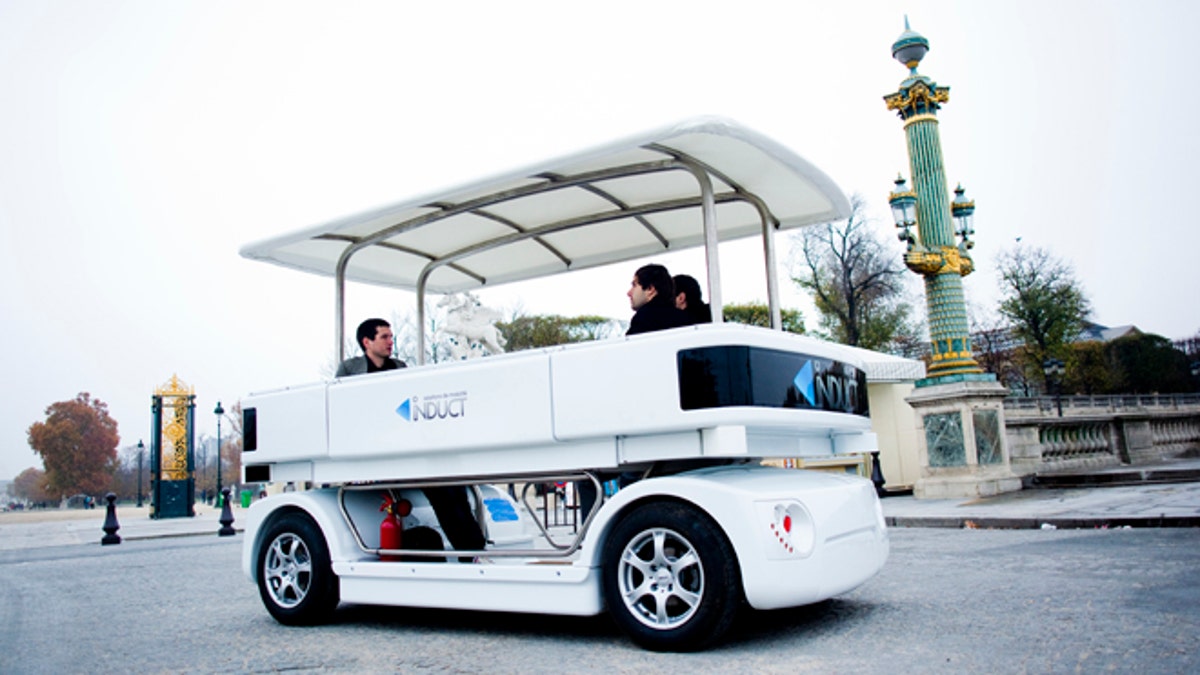
Reportage du Cybergo Fait à Paris le 07 novembre 2011 (Induct Technologies)
With new autonomous services like the Induct Technologies Navia -- a robotic shuttle that can carry eight people and debuting this year -- it’s just a matter of time before someone creates a job to make sure they stay on track.
Audi and Volvo are also planning autonomous cars that drive themselves, and Google has tested robocars for the past few years. A traffic controller would track routes, make sure robotic cars don’t collide, and help passengers deal with the inevitable glitches.
3. Auto Mechanic (Electrics Only)
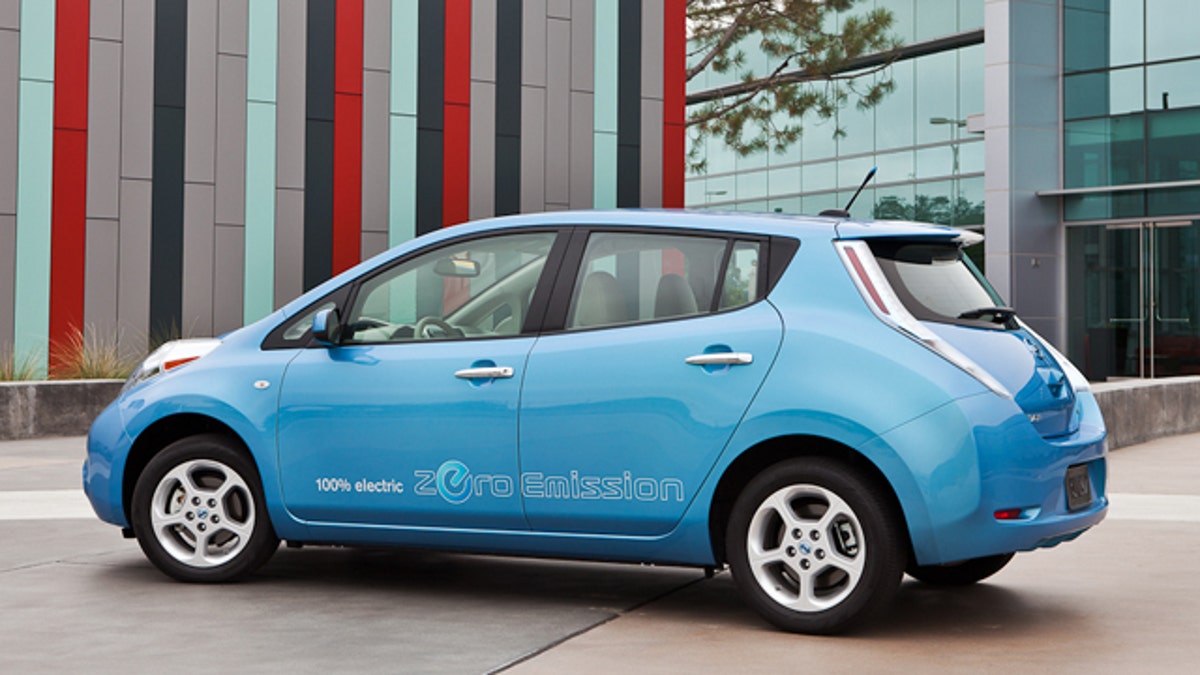
(Nissan)
We don’t know much about whether EVs like the Chevy Volt or Nissan Leaf will require battery updates or other diagnostics (for now, the dealer is handling any problems). In the future, automotive shops might pop up that specialize in fixing EV problems.
The specialized mechanic might not have any working knowledge of pistons or exhaust systems, but he’ll be an expert programmer, a battery technician, and know how to tune an electric motor. As IT analyst Charles King told FoxNews.com recently, a job to repair the Tesla is already on the horizon.
4. Remote Surgeon
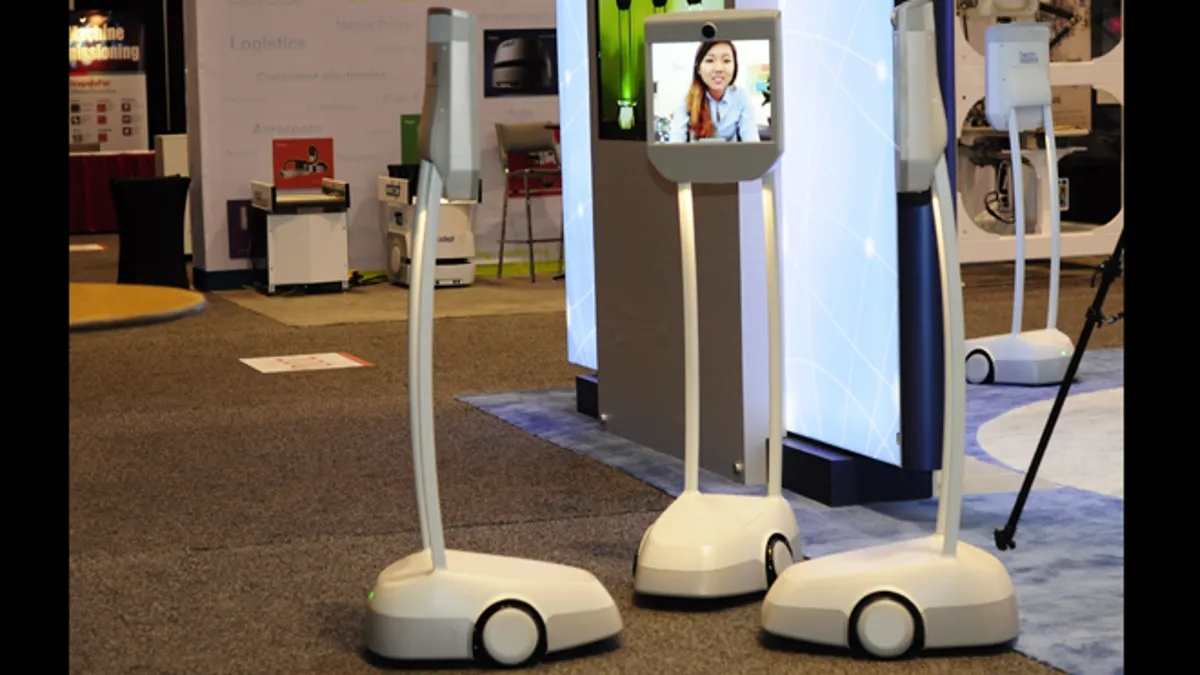
Telepresence robots -- essentially Skype machines that you can wheel around -- attend a conference on robobusiness in California. (Suitable Technologies)
Surgical procedures are already automated: In some cases, a bot can help a surgeon make precise incisions or aid in a video guidance system for a colonoscopy.
In the future, doctors might decide to work from home and operate via remote telepresence robots similar to the Suitable Technologies Beam, a monitor and video camera on a stick and wheels that can drive itself around. In a calm and controlled environment, the surgeon could focus on the task at hand with a specially constructed version of the Beam -- even from a resort or the golf course.
5. Artificial Intelligence Programmer

A scene from The Matrix. (Warner Brothers)
We all know artificial intelligence (AI) is coming. The ability for a computer to think on its own and solve complex problems is inevitable, and in some ways already here -- if you own a Nest thermostat, you know it can adjust the heat automatically and help you save energy.
Consumer analyst Rob Enderle told FoxNews.com that an AI tech might tweak the settings on your kitchen robot to work faster or adjust your driverless shuttle in 2025 to find routes through the country. This specialist will know how AI works in most products and even use cookie-cutter templates to adjust your robots.
6. Virtual Reality Tech Support
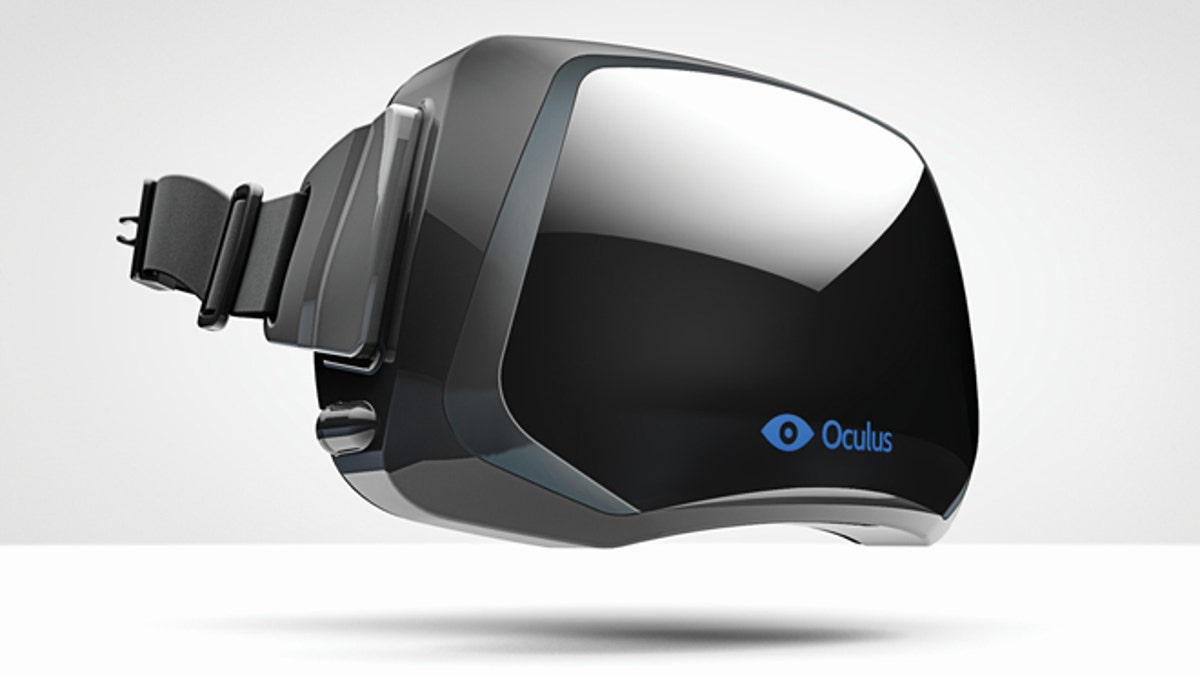
(Oculus VR)
Augmented reality is still in an early stage -- Google Glass is not even for sale yet to the masses. In the future, the dashboard in your car might show an overlay of the surroundings and not just your current speed, and more of us will be wearing speech-activated goggles.
Today, the Oculus Rift headset can already show you a virtual realm you can walk through. (Geeks even bandy about the phrase “VR Legs” to describe the feeling of walking in VR without actually moving.)
Eventually, a new career will pop up to help us bridge the divide between the real world and the virtual. Think of the job as an OnStar tech for the virtual-to-analog gap. Of course, we might also need a VR psychologist to help our brains figure out how to cope with the differences.
Makes your job seem pretty pedestrian, doesn’t it?
